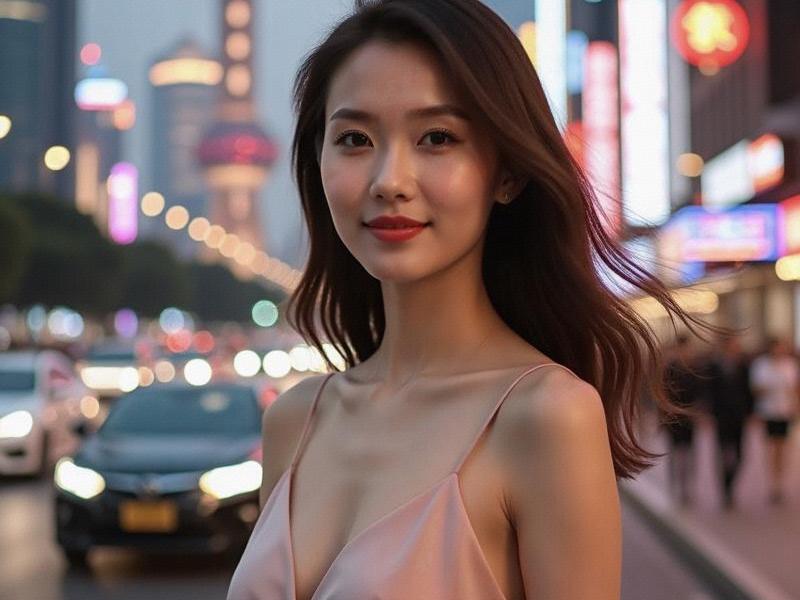An investigative report on how Shanghai's entertainment establishments are transforming from traditional karaoke bars and dance clubs into sophisticated cultural hubs that blend Eastern and Western leisure concepts.

The New Golden Age of Shanghai Nightlife
As dusk falls over the Huangpu River, Shanghai's entertainment districts awaken with a vibrancy unmatched in mainland China. The city now boasts over 3,500 licensed entertainment venues generating ¥87 billion annually - a 240% increase since 2015. But this isn't the raucous nightlife of decades past. "We're seeing a maturation of leisure culture," explains nightlife analyst Mark Huang of JLL China. "Today's patrons want experiences that combine luxury, privacy and cultural authenticity."
The KTV Revolution
Traditional karaoke boxes have undergone radical transformations. At establishments like "The Pearl" in Jing'an District, private rooms feature AI-assisted vocal tuning, AR lyric displays, and sommelier-curated wine lists. The new "Cultural KTV" trend sees venues like "Memory Lane" incorporating Shanghainese jazz from the 1930s into their music libraries and offering historical VR experiences between songs. "It's not just singing anymore," says manager Lily Wen. "We're selling nostalgia and sophistication."
上海龙凤阿拉后花园 High-End Club Culture
Shanghai's elite clubs now rival those of Monaco and Dubai. At "Cloud 9," a members-only rooftop venue in Lujiazui, the ¥50,000 minimum spend includes access to private art collections and Michelin-starred tapas. Security employs facial recognition to maintain exclusivity. Meanwhile, "The Silk Room" in the former French Concession has pioneered "cultural clubbing" with weekly performances blending electronic music with Peking opera vocals. "We're creating a new Chinese luxury aesthetic," says owner Zhang Lei.
The Safety Revolution
Following government crackdowns on illicit activities, legitimate venues have invested heavily in transparency. Over 80% now use blockchain-based drink tracking systems showing liquor provenance. The Shanghai Entertainment Association's "Golden Star" certification program rates venues on 127 safety and hygiene criteria. "Parents now feel comfortable sending their college-aged children to certified clubs," notes public safety official Wang Jing.
上海夜生活论坛
Cultural Fusion Experiments
Forward-thinking venues are reimagining Chinese entertainment traditions. "Tea & Beats" in Xintiandi serves premium pu'er alongside craft cocktails while hosting live calligraphy performances. The "Mahjong Lounge" has digitized the classic game with interactive tables that teach strategies to foreigners. "We want to export Chinese leisure culture globally," explains founder Emma Zhao, whose venue now franchises to London and Sydney.
Economic Impact and Challenges
419上海龙凤网 The nighttime economy employs over 300,000 Shanghainese directly, with another 200,000 in supporting roles. However, rising rents threaten smaller venues - 27% have closed or relocated to suburbs since 2022. The municipal government's new "24-Hour City" initiative designates specific zones for extended-hour operations while maintaining residential tranquility through soundproofing requirements.
The Future of Shanghai Entertainment
As the city positions itself as Asia's leisure capital, innovation continues. The forthcoming "Pudong Night & Day" complex will feature rotating club concepts, VR entertainment zones, and China's first cannabis-free "legal high" lounge using aromatherapy and light therapy. "Shanghai is writing the playbook for 21st century urban entertainment," says nightlife consultant David Chen. "What works here today becomes standard in Asian cities tomorrow."